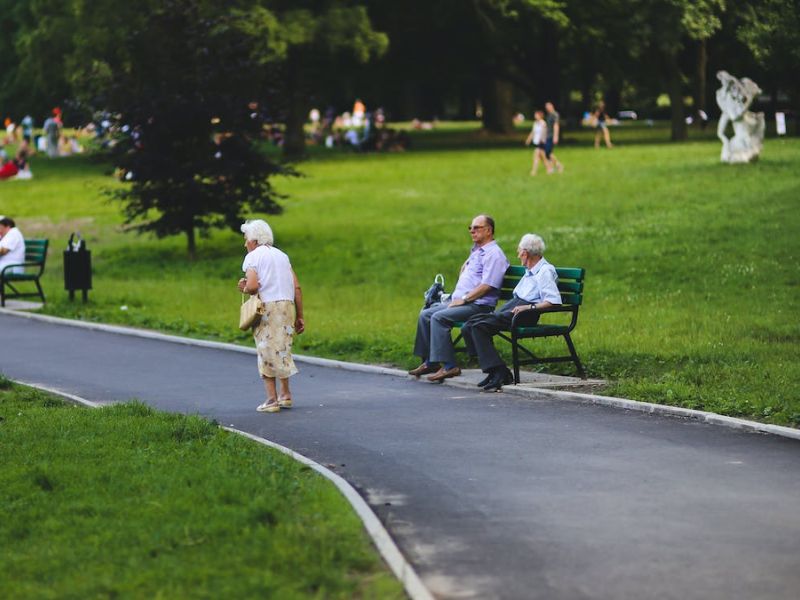As we age, it’s not uncommon to notice a shift in our sleeping patterns. Many individuals wake up earlier in the morning compared to their younger years. This change in sleep habits can be attributed to various factors, including physiological changes, lifestyle adjustments, and altered circadian rhythms. Let’s explore these factors in more detail.
Physiological Changes And Fragmented
Sleep
Older adults tend to wake up earlier because of the natural aging process. As we age, our bodies undergo physiological changes that can affect our sleep-wake cycle. The amount of deep sleep, also known as slow-wave sleep, decreases with age, leading to more fragmented and lighter sleep. Consequently, older adults may find sleeping in for extended periods challenging, causing them to awaken earlier in the morning.

Image Credit: Pexels/Mikhail Nilov
Lifestyle Adjustments And Structured
Routine
Lifestyle adjustments can also play a significant role in waking up earlier as we age. Many older adults retire from their jobs and have fewer responsibilities, leading to a more structured daily routine. With fewer obligations in the evening, they might go to bed earlier, leading to an earlier wake-up time. Additionally, older adults often prioritize maintaining a regular schedule, as it helps promote overall health and well-being.
Altered Circadian Rhythms
Another contributing factor is the alteration of circadian rhythms that occurs as we age. Our internal body clock, which regulates our sleep-wake cycle, changes over time. The circadian rhythm tends to advance with age, meaning that older adults feel more inclined to go to bed earlier in the evening and wake up earlier.

Image Credit: Pexels/Kaboompics .com
Increased Sensitivity To Environmental
Factors
Furthermore, older adults may experience an increased sensitivity to environmental factors that can disrupt their sleep. Noise, light, and temperature fluctuations can significantly impact sleep quality as we age, potentially causing individuals to wake up earlier than desired.